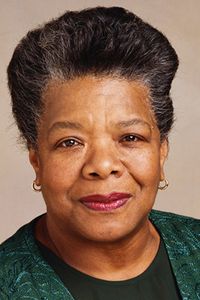Maya Angelou, a renowned American poet, singer, memoirist, and civil rights activist, left an indelible mark on the literary world. Throughout her illustrious career, spanning over five decades, she published a staggering seven autobiographies, three books of essays, numerous books of poetry, and an impressive list of plays, movies, and television shows.
Angelou's remarkable body of work earned her numerous accolades, including dozens of awards and more than 50 honorary degrees. Her series of seven autobiographies, which chronicle her childhood and early experiences, is perhaps her most iconic and enduring legacy.
The first autobiography, "I Know Why the Caged Bird Sings," published in 1969, brought Angelou international recognition and acclaim, as it told the story of her life up to the age of 17. With this publication, Angelou publicly shared aspects of her personal life, cementing her status as a spokesperson for black people and women.
Her works have been hailed as a defense of black culture, and are widely used in schools and universities around the world. However, attempts have been made to ban her books from some libraries. Angelou's most celebrated works have been labeled as autobiographical fiction, but many critics consider them to be autobiographies.
In a deliberate attempt to challenge the conventional structure of the autobiography, Angelou critiqued, changed, and expanded the genre, making her works a testament to her innovative spirit and artistic genius.




























































